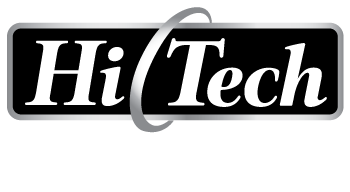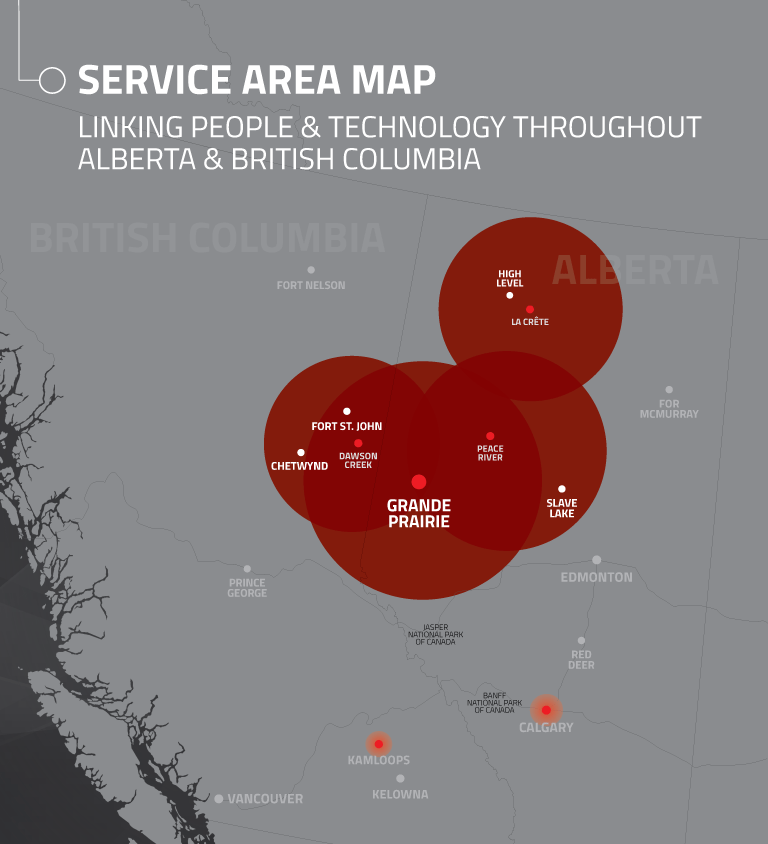Why Cloud Computing Is the Future for Small Businesses
Small businesses face the challenge of staying competitive while making the most of their limited resources. One solution that is revolutionizing the way small businesses operate is cloud computing. It offers many benefits, making it a game-changer for businesses of all sizes.
Read on to learn about cloud computing, exploring what this is, its key benefits, types of cloud services, and how cloud computing service providers ensure data security.
What Is Cloud Computing?
Cloud computing is storing, managing, and accessing data and applications over the Internet. Instead of relying on physical hardware, businesses can use remote servers hosted by third-party providers to store and process data. This allows for greater flexibility, scalability, and accessibility, as users can access their data anywhere with an internet connection.
Cloud computing is typically categorized into three main service models:
Infrastructure as a Service
IaaS provides virtualized computing resources, such as servers and storage, over the Internet. This model allows businesses to scale resources up or down based on their needs without needing physical hardware.
Platform as a Service
PaaS offers a platform for developers to build, test, and deploy applications without the complexity of managing underlying infrastructure. This solution provides tools and frameworks to streamline development, enabling faster time-to-market for new applications.
Software as a Service
SaaS delivers software applications over the Internet on a subscription basis, eliminating the need for users to install, maintain, and update software locally. SaaS solutions are accessible from any device with an Internet connection. This availability makes SaaS solutions ideal for businesses seeking cost-effectiveness and scalability.
Benefits of Cloud Computing
Cloud computing offers many benefits for small businesses, empowering them to streamline operations, enhance collaboration, and drive innovation. Here are some of the key advantages:
Cost Efficiency
Cloud computing eliminates the need for upfront investments in hardware and infrastructure. Businesses can pay for only the resources they consume on a pay-as-you-go basis. This cost-effective model enables firms to allocate resources more efficiently and scale operations as needed without substantial expenditures.
Scalability and Flexibility
Businesses can adjust their resources in response to changing demand by using cloud computing. This flexibility lets firms match their capacity with market fluctuations and customer needs. Whether ramping up resources to handle high demand or scaling down during quieter times, cloud computing delivers unmatched adaptability.
Enhanced Collaboration
Cloud-based collaboration tools facilitate seamless communication and collaboration among team members, regardless of their location. With cloud-based document storage and sharing platforms, teams can collaborate in real time on projects, share files, and track changes. This improves productivity and efficiency.
Improved Accessibility
Whether working from the office or home, employees can access the tools and information they need to stay productive and connected.
Security and Privacy in Cloud Computing
Security and privacy are major concerns for businesses that consider opting for cloud computing solutions. While the cloud offers numerous benefits, it also introduces unique security challenges that must be addressed to protect sensitive data and reduce cybersecurity risks.
Data Encryption
Encryption is essential for protecting data both at rest and in transit. By encrypting data, businesses can safeguard sensitive information from unauthorized access and ensure data integrity and confidentiality.
Access Controls
Implementing stringent access controls is vital for limiting access to sensitive data and resources. Role-based access control (RBAC), multi-factor authentication (MFA), and identity and access management (IAM) solutions can help businesses enforce access policies and prevent unauthorized access.
Regular Security Audits
Regular security audits and assessments are essential for identifying and addressing vulnerabilities in cloud infrastructure and applications. By proactively identifying security weaknesses, businesses can resolve risks and enhance their overall security posture.
Compliance and Regulations
Compliance with industry regulations and standards, such as GDPR, HIPAA, and SOC 2, is important for avoiding fines and maintaining customer trust. Businesses must adhere to applicable data protection laws and regulations and implement appropriate security controls.
Selecting the Right Cloud Service
When selecting a cloud service provider, it’s helpful to consider several factors:
● Reliability and Uptime: Check the provider’s track record for reliability and uptime. Downtime can disrupt your operations, so opt for a provider with a history of high availability.
● Performance: Evaluate the performance of the provider’s infrastructure, including network speed and latency. A fast and responsive cloud environment is essential for efficient operations.
● Cost and Pricing Structure: Understand the provider’s pricing model and calculate the total cost of ownership. Consider data transfer costs, storage fees, and additional services or support charges.
● Compliance and Regulations: Verify that the provider complies with relevant industry regulations and data protection laws. This is especially crucial for businesses in highly regulated sectors like healthcare or finance.
● Support and SLAs: Assess the provider’s level of support, including response times and available support channels. Review their service level agreements (SLAs) to understand their commitments regarding uptime and performance.
● Data Backup and Disaster Recovery: Inquire about the provider’s backup and disaster recovery capabilities. Ensure they have robust backup procedures to protect your data against loss or corruption.
● Integration and Compatibility: Consider how well the provider’s services integrate with your existing systems and applications. Compatibility issues can restrict productivity and increase complexity.
● Vendor Reputation and Track Record: Research the provider’s reputation and customer reviews to gauge their reliability. A proven track record of success is a positive indicator.
Small businesses can significantly benefit from cloud computing, gaining opportunities for growth, innovation, and competitive advantage. By using cloud technology and prioritizing strong security measures, companies can fully use the cloud’s potential while protecting their data and addressing cybersecurity threats.
At Hi-Tech Business Systems, our comprehensive cloud computing solutions are designed to boost your business efficiency. Don’t hesitate to reach out to us to find out more





